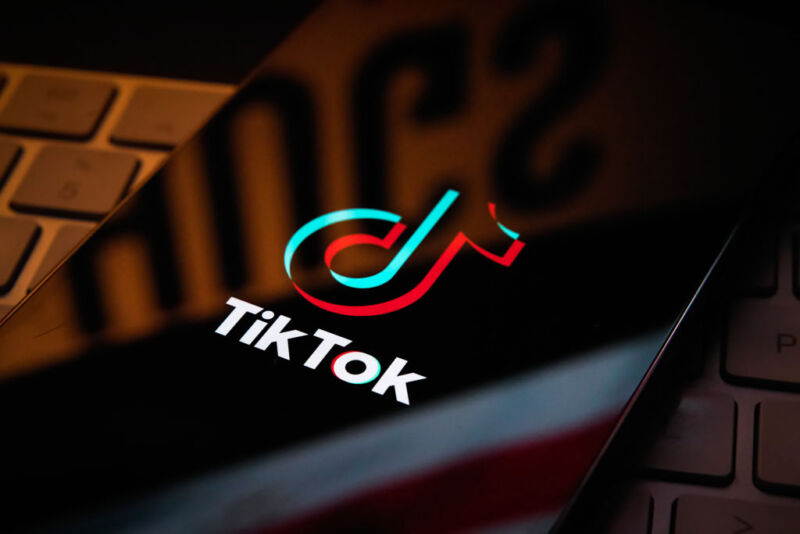
The U.S. Department of Justice today sued TikTok, accusing the short-video platform of illegally harvesting data from millions of children and seeking a permanent injunction “to stop TikTok's unlawful widespread invasions of children's privacy.”
The Justice Department alleged that TikTok violated the Children's Online Privacy Protection Act of 1998 (COPPA) and the Children's Online Privacy Protection Rule (COPPA Rule). The department alleged that TikTok allowed children “to create and access accounts without their parents' knowledge or consent,” collected “data from those children,” and failed to comply with “parental requests to delete their children's accounts and information.”
According to the Justice Department, TikTok must demonstrate under the COPPA rule that it does not primarily target children. TikTok claims to meet that requirement by requiring users who create an account to provide their date of birth.
But even if a child does enter their real birth date, the DOJ said, TikTok does nothing to prevent them from starting the process over and using a fake birth date. Circumventing TikTok’s age limit has been easy for millions of children, the DOJ said, and TikTok knows it, collecting their information anyway and failing to remove information even when child users “self-identify as children.”
“The precise scope” of TikTok’s violations “is difficult to determine,” the DOJ’s complaint said. But TikTok’s “internal analysis indicates that millions of TikTok’s U.S. users are children under the age of 13.”
“For example, the number of U.S. TikTok users Defendants classified as 14 or younger in 2020 was millions higher than the U.S. Census Bureau’s estimate of the total number of 13- and 14-year-olds in the United States, indicating that many of those users were children under the age of 13,” the Justice Department said.
TikTok is apparently facing massive fines if the DOJ proves its case. The DOJ has asked a jury to agree that it is liable for damages for any “collection, use, or disclosure of a child’s personal information” that violates the COPPA rule, with multiple violations likely affecting millions of children’s accounts. And all of the recent violations could cost more, as the DOJ noted that the FTC Act authorizes civil penalties of up to $51,744 “for each violation of the rule assessed after January 10, 2024.”
A TikTok spokesperson told Ars that TikTok plans to fight the lawsuit, which is part of the U.S.’s ongoing battle with the app. TikTok is currently fighting a nationwide ban passed this year amid growing political tensions with its China-based owner and lawmakers’ concerns about TikTok’s data collection and alleged repeated spying on Americans.
“We disagree with these allegations, many of which relate to past events and practices that are factually inaccurate or have been addressed incorrectly,” the TikTok spokesperson told Ars. “We're proud of our efforts to protect children, and we'll continue to update and improve the platform. To that end, we provide age-appropriate experiences with strong safeguards, proactively remove suspected underage users, and have voluntarily launched features like default screen time limits, Family Pairing, and additional privacy protections for minors.”
The Justice Department appears to believe that damages are due for both past and current violations. It argued that TikTok already has more sophisticated ways to identify the age of child users for ad targeting, but does not use the same technology to block underage registrations because TikTok is reportedly unwilling to devote resources to mass monitoring of children on its platform.
“By adhering to this flawed policy, Defendants actively avoid terminating the accounts of users they know are children,” the Justice Department alleged. According to the department, “internal communications indicate that Defendants' employees were aware of this problem.”

